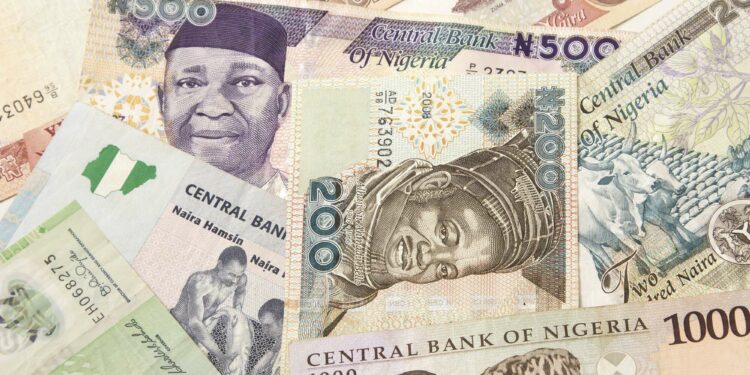Annual inflation in Nigeria dipped in December to 21.34% after 10 straight monthly increases. The statistics bureau said on Monday, ahead of a central bank meeting to set interest rates next week.
The central bank meets next week Tuesday to decide on rates in Africa’s largest economy. It has previously said it would continue with rate hikes started in 2022 if inflation remained elevated.
The National Bureau of Statistics (NBS) attributed rising inflation, which hit 21.47% in November, to a sharp increase in demand ahead of the holiday season and a rise in production costs coupled with a weaker naira currency.
“The increases were recorded in all … divisions that yielded the headline index most especially in food & non-alcoholic beverages, transport and miscellaneous goods & services,” the NBS said in a report.
Food inflation dropped to 23.75% in December from November’s rate of 24.13% as Africa’s most populous nation struggled with high prices for staples.
High inflation, weak economic growth and mounting insecurity are major issues for voters as Nigeria heads for legislative and presidential elections next month, in which incumbent President Muhammadu Buhari will not participate due to term limits.
Policymakers in Nigeria have said that persistent inflationary pressures are structural and largely imported.
Read Also: Nigeria’s GT Bank Fined in UK Over Money-Laundering Controls




